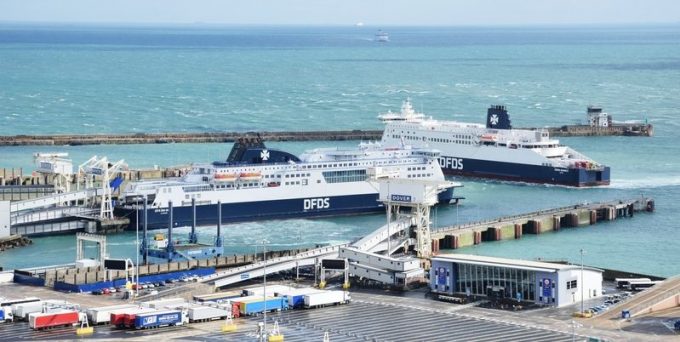Aluminium deal prompts DFDS ro-ro service
Danish ferry and road freight logistics operator DFDS is set to launch a ro-ro freight ...

Following a dip in freight volumes in December, ferry operator DFDS reports truck crossings on Dover to Calais and Dunkirk routes have increased and could surpass January 2020 and 2019 figures.
According to the carrier, December cargo volumes, adjusted to account for route changes, were down 9.8% on the same month of 2020, but up 17% compared with 2019.
“The decrease in total volumes compared with 2020 was entirely due to lower volumes on all UK routes as stock-building ahead of Brexit ...
Volcanic disruption at Anchorage could hit transpacific airfreight operations
Shippers snap up airfreight capacity to US ahead of tariff deadline
New price hikes may slow ocean spot rate slide – but for how long?
Forwarders stay cool as US 'liberation day' tariffs threaten 'global trade war'
Tighter EU import requirements proving 'a challenge' for forwarders
Supply chain delays expected after earthquake hits Myanmar
Looming Trump tariffs will create 'a bureaucratic monster' for Customs

Comment on this article